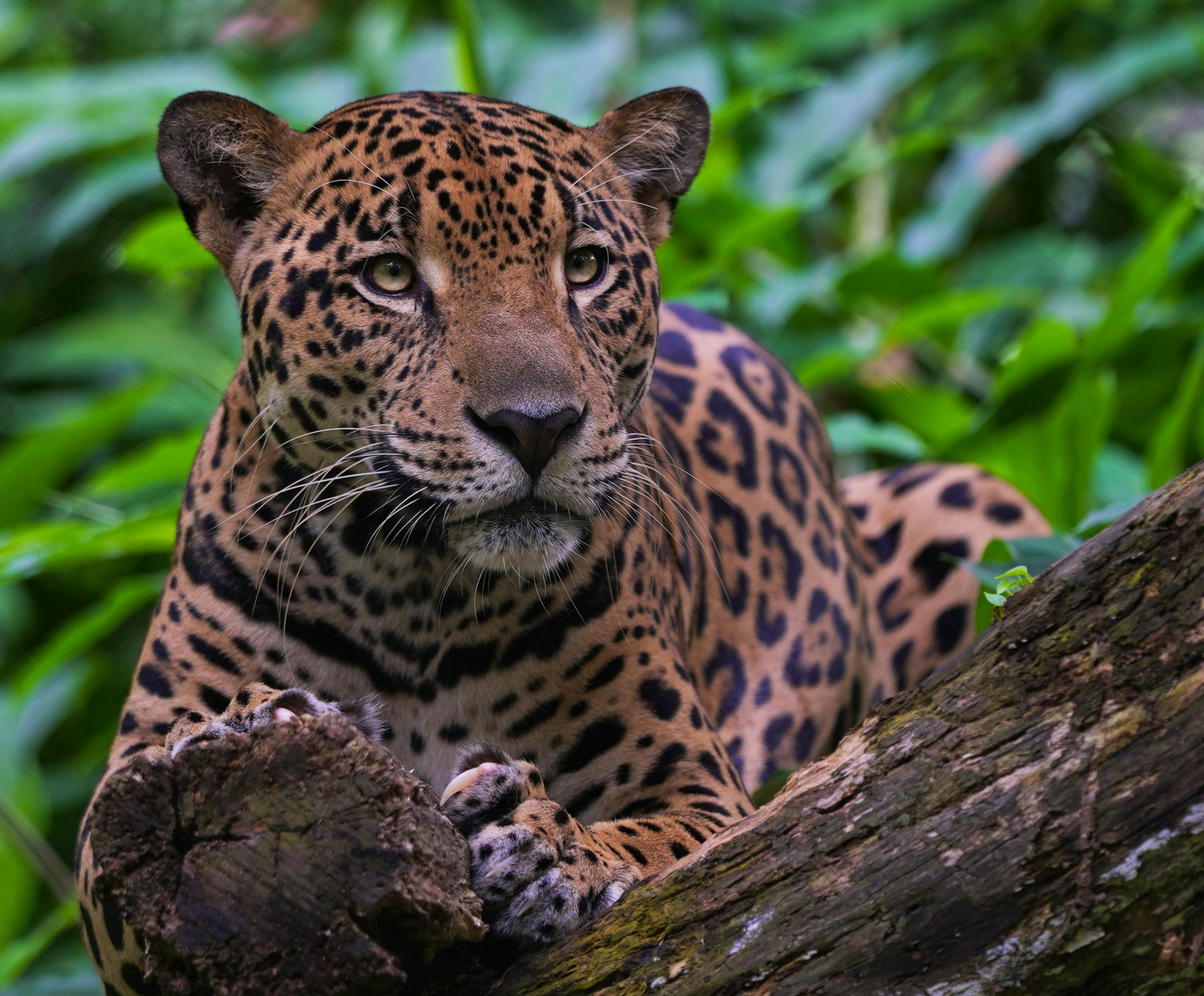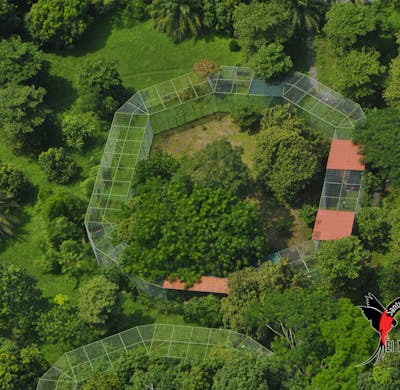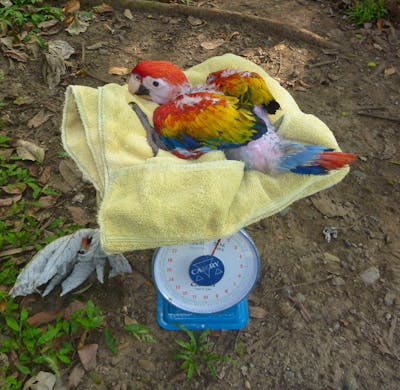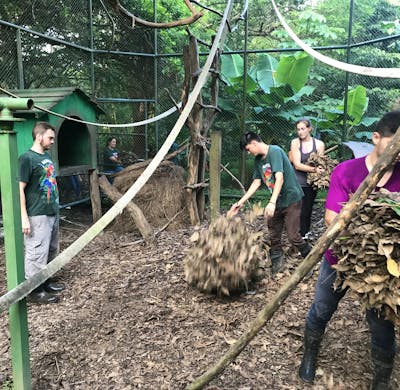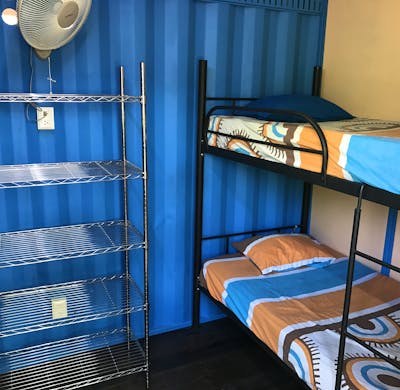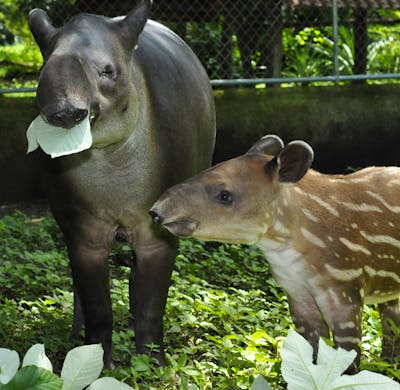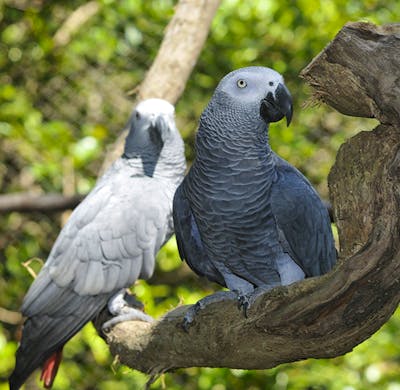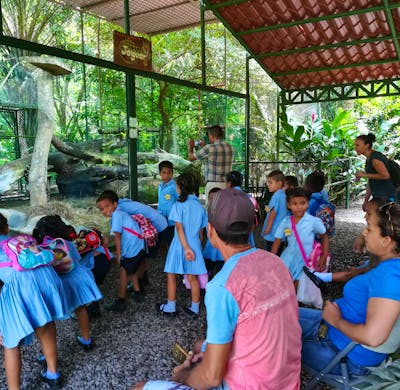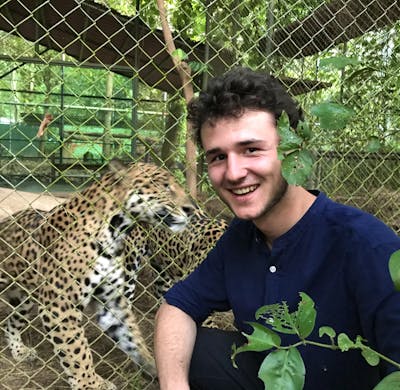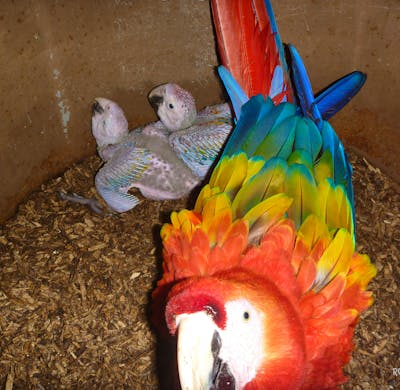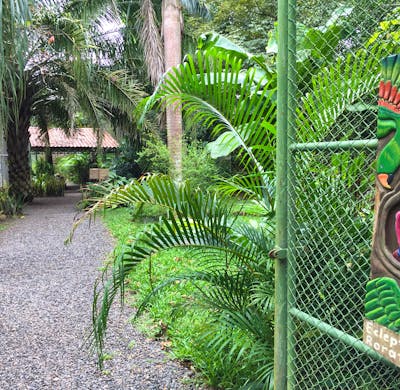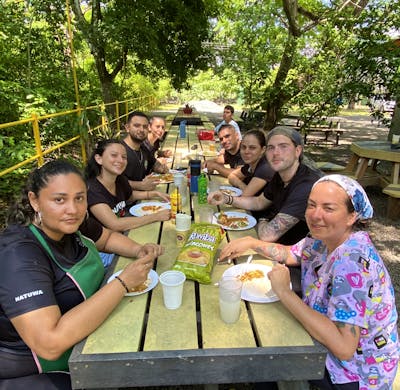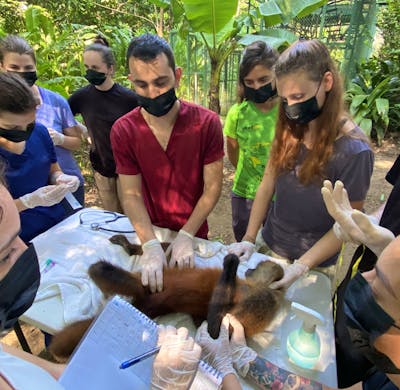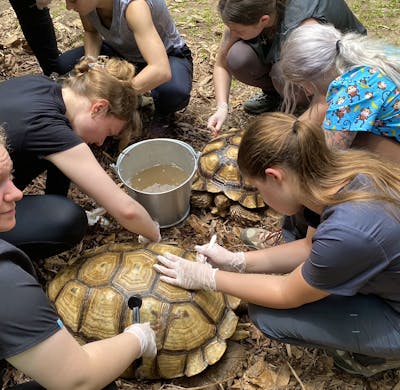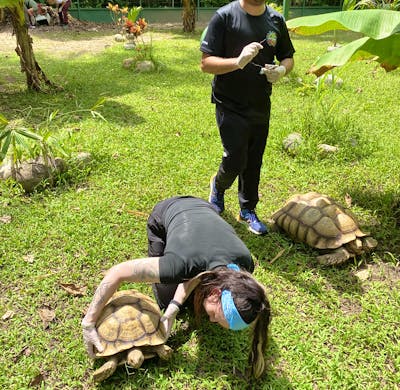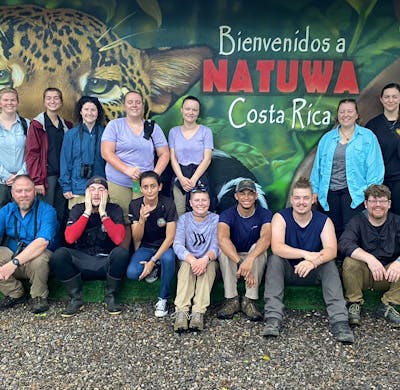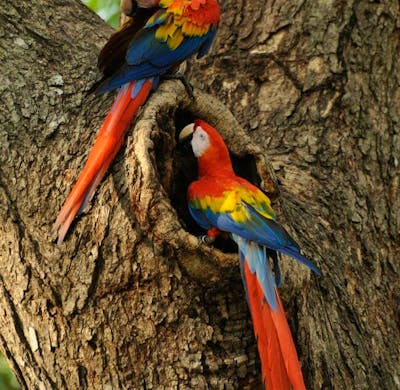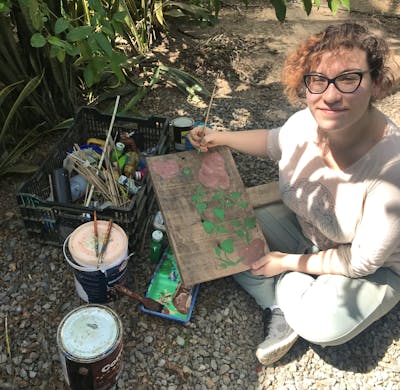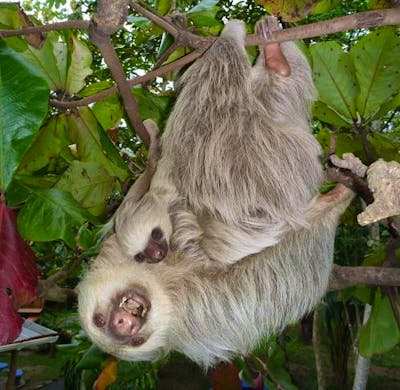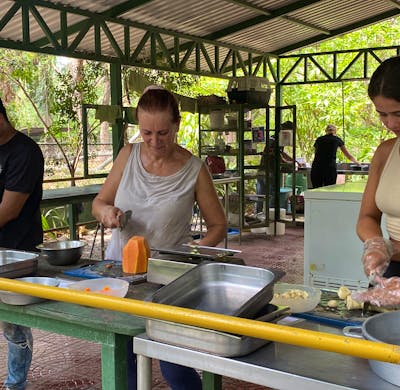2024 at Wildlife Sanctuary and Rescue
desde 341€
Wildlife Sanctuary and Rescue
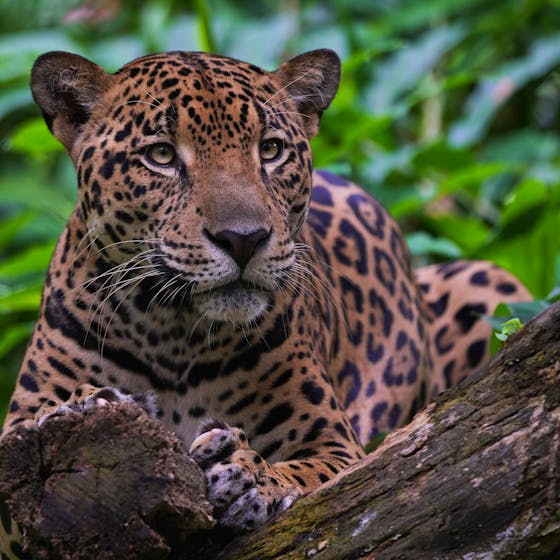
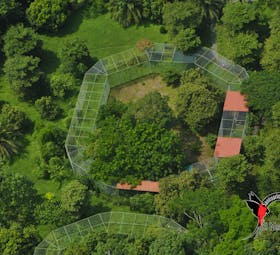
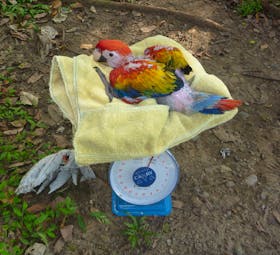
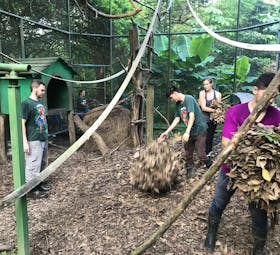
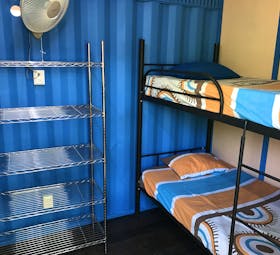
Puntos Relevantes
- Engage in essential conservation efforts at NATUWA, directly aiding a diverse array of Costa Rican wildlife, including jaguars, sloths, macaws, deer, monkeys and many more.
- Experience Costa Rican culture first-hand at NATUWA, enhance your Spanish, and become part of the local community, engaging in conservation practices that benefit both wildlife and people.
- Forge lasting bonds with other nature-passionate volunteers, sharing knowledge and experiences while working together at the sanctuary.
- Use your free time to discover Costa Rica's unique landscapes, from pristine beaches to stunning rainforests, fostering a deeper appreciation for the biodiversity you're helping to protect.
- On-the-Ground Professional Development: Enrich your resume with international wildlife rescue and rehabilitation experience, acquiring valuable skills that will stand out in your career path.
Especialmente adecuado para
Sobre el programa
NATUWA is a sanctuary dedicated to protecting and rehabilitating Costa Rica's wildlife, nurturing a diverse array of species back to health within a lush natural habitat.
NATUWA Wildlife Sanctuary
NATUWA Wildlife Sanctuary in Aranjuez, Puntarenas Province, Costa Rica, is a haven providing refuge and protection to wild animals impacted by human activities such as hunting, habitat removal, and deforestation. These actions render species vulnerable, causing significant ...
Día típico
Our volunteer project at NATUWA is distinctively active and fulfilling compared to other opportunities in Costa Rica. With over 500 animals relying on our care, we always need extra hands! This project is ideal for those motivated and passionate about animal care and conservation. While the schedule ...
Actividades de tiempo libre
As a volunteer at NATUWA, your adventure extends beyond our sanctuary. Every week, you are entitled to a free day, offering you the perfect opportunity to relax and explore Costa Rica's stunning landscapes and vibrant culture. Coordinate with our staff to organize group outings to the country's most ...
Requisitos
Servicios incluidos
¿Qué NO está incluido?
Detalles a la llegada
Volunteers may arrive at any time of day, any day of the week, any week of the month, and any month of the year! Transportation from the airport is provided.
Cuotas del programa
Conoce a tu anfitrión(a)
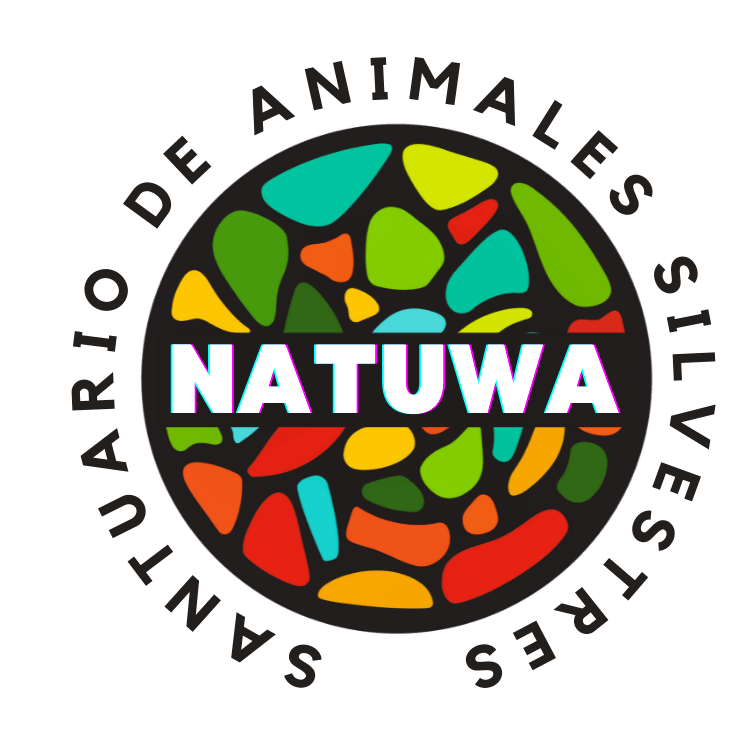
NATUWA Wildlife Sanctuary
Agencia - fundada en 1994
Verificado por Volunteer World
Coordinado por
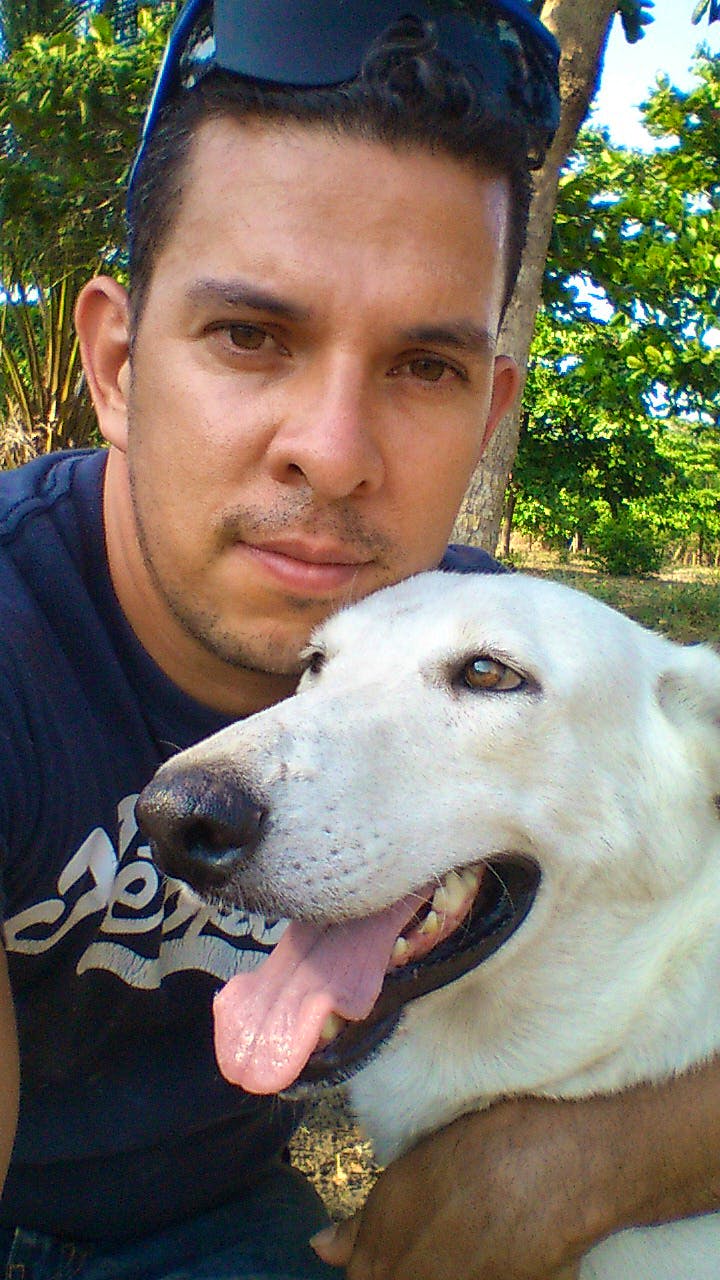
Rodolfo
sobre la organización
17 reseñas ·  4.4
4.4
Ubicación

También te puede interesar
-
loros
Mono araña
Santuario de aves
Conservación del Jaguar
Conservación de Monos
Santuario de Pereza
Los mejores programas de voluntariado
Grupo
Voluntariado Viajes para estudiantes universitarios
Grandes felinos
Proyectos en el extranjero
Centro de Rescate del Jaguares de Costa Rica
Animales Costa Rica
Vida salvaje en Costa Rica
Adultos
Centro de Rescate Animal Costa Rica
Vida Salvaje Costa Rica
tu Pareja
Viajes Solidarios
Mayores de 50 años
Perezosos Costa Rica
Latinoamérica
